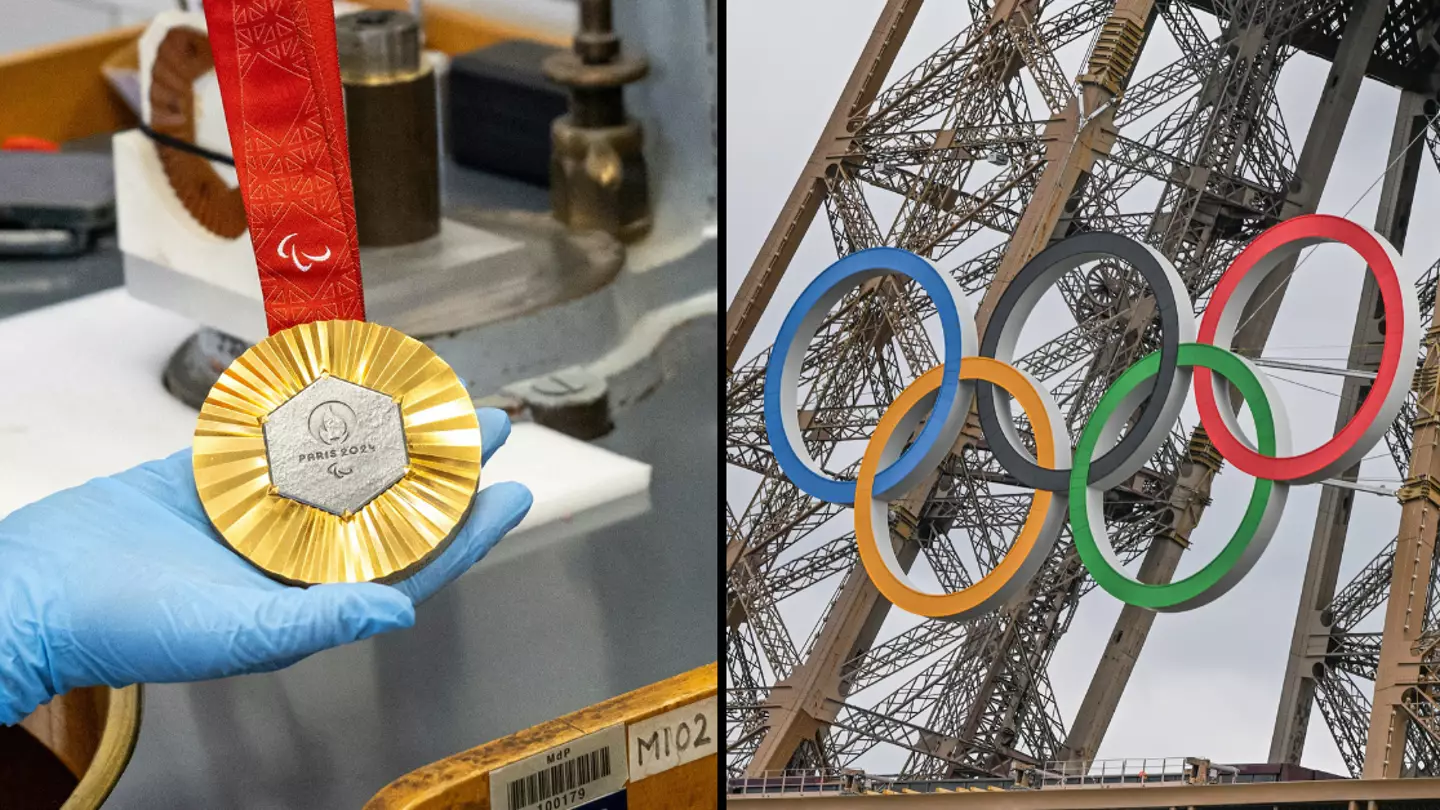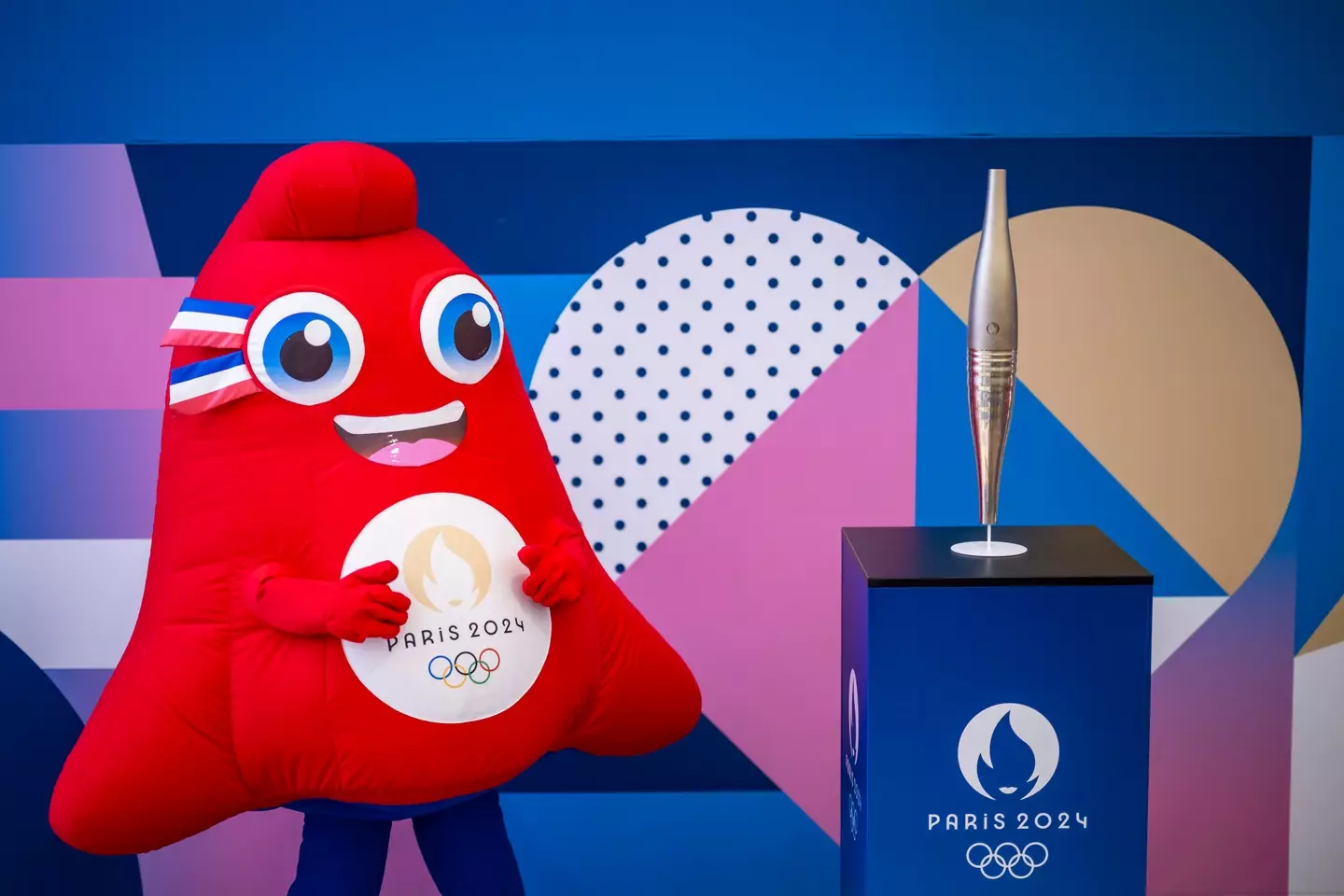
Regarded as the most prestigious sporting event in the calendar, the 2024 Paris Olympics will see hundreds more gold medals handed out to some of the greatest athletes on the planet.
From diving to cycling and tennis to breakdancing, it will see athletes compete across 32 different sports in their quest for the top prize in the French capital city.
And for the first time ever, there's more at stake with the money to be won upped significantly from previous events. But that's not for everyone, with the relationship between prize money and the Olympics a complicated one.
Do Olympic athletes get paid?
The Olympics has a bit of a weird relationship with money.
Advert
Officially, the International Olympic Committee doesn't pay any of the athletes directly. The committee also don't give out prize money for those who place in the medal positions.
There's a reason for this, with organisers saying the philosophy of the Olympic Games is one of amateur competition.
This isn't about commercialism, they say, but rather focusing solely on sporting successes.

How do athletes survive?
Athletes very often get funding from their national Olympic committee to fund their lifestyles and training regimes.
There are also sponsors and endorsements which come to those who have a wider appeal.
The likes of Usain Bolt, the fastest man on Earth, received $10 million a year through a partnership with Puma; a deal that continued into his retirement.
The vast majority of deals wont be anywhere near this, though.
In the UK, the likes of Jack Laugher - a gold medal winning athlete for Team GB - gets £28,000 of funding to keep his Olympic dreams alive.
.jpg)
Changes for 2024 and new prize money
For the 2024 Paris Olympics, athletes will be given prizes for winning a gold medal.
It wont be for every athlete sadly. Instead, it'll just go to those competing in the athletics events.
World Athletics is funding this, with $50,000 (£38,800) given to every gold medallist.
The International Boxing Association is following in the footsteps of athletics by also offering prize money.
We're talking $50,000 for golds, $25,000 (£19,400) for silver and $12,500 (£9,700) for bronze.
The Association of Summer Olympic International Federations has come out against the money on offer, saying it 'undermines the values of Olympism and the uniqueness of the Games'.
In a statement, it said: "One cannot and should not put a price on an Olympic gold medal and, in many cases, Olympic medalists indirectly benefit from commercial endorsements.
"This disregards the less privileged athletes lower down the final standings."
Topics: Money, Olympics, World News, Boxing